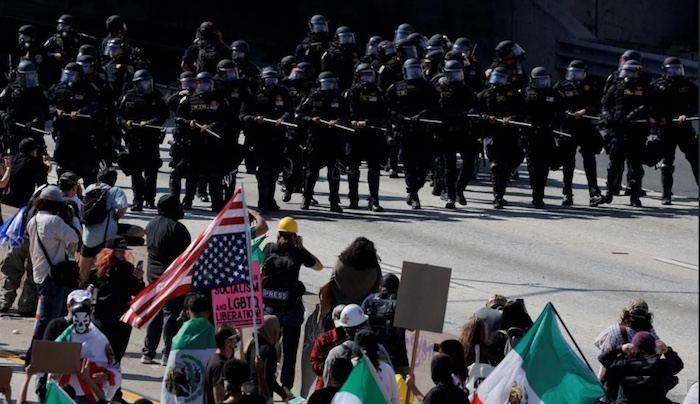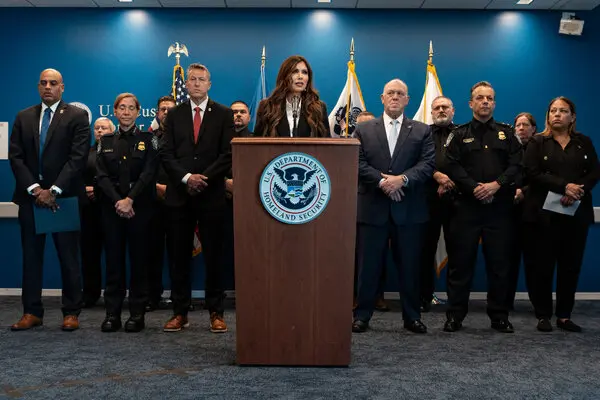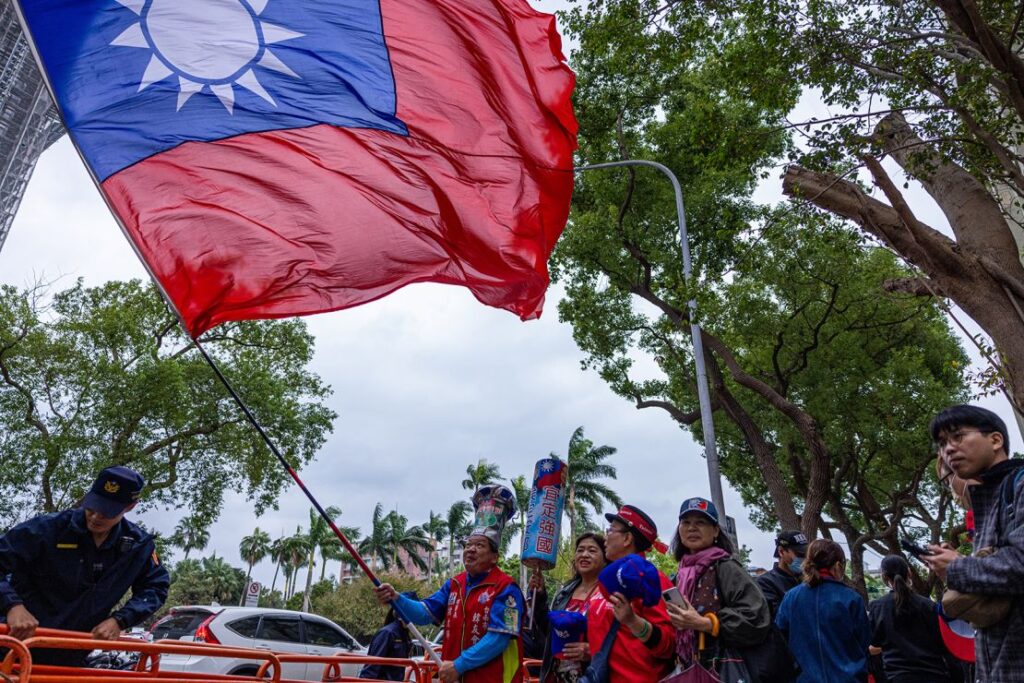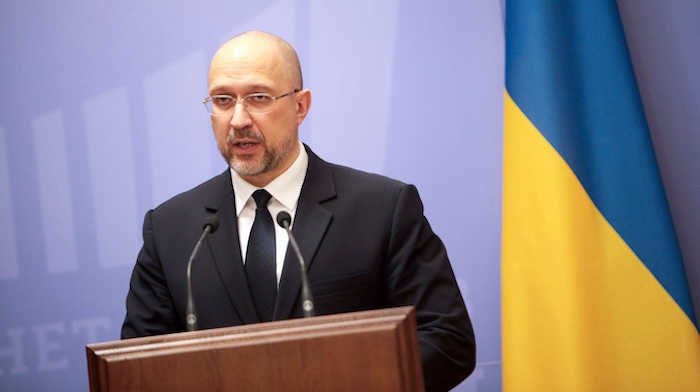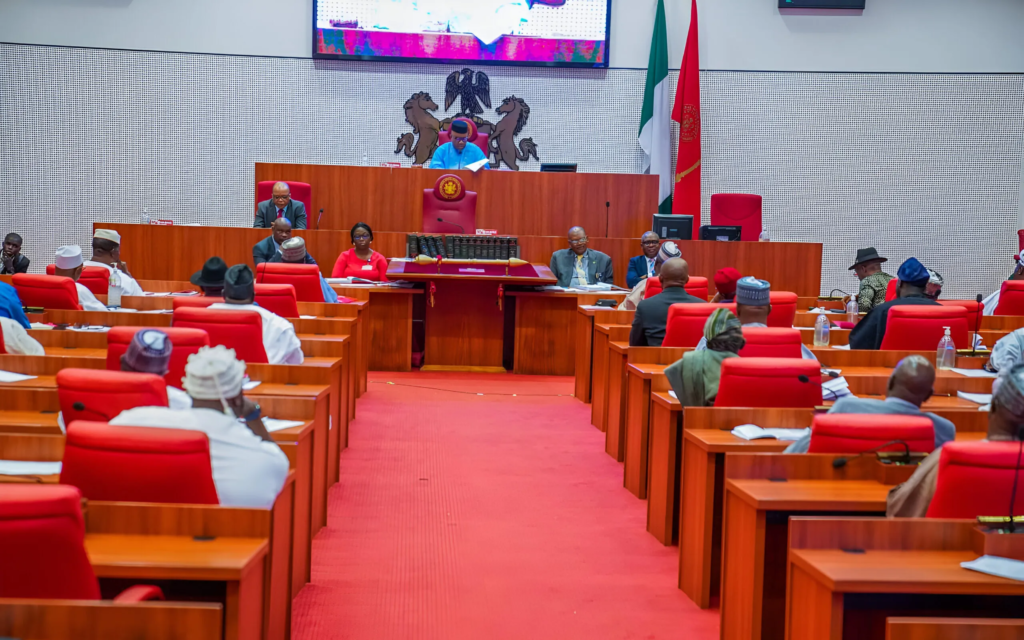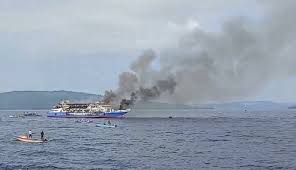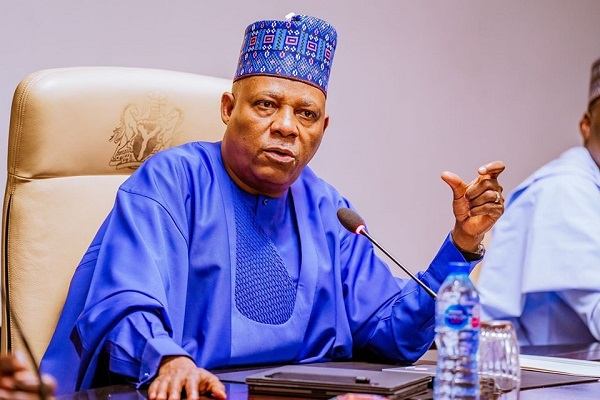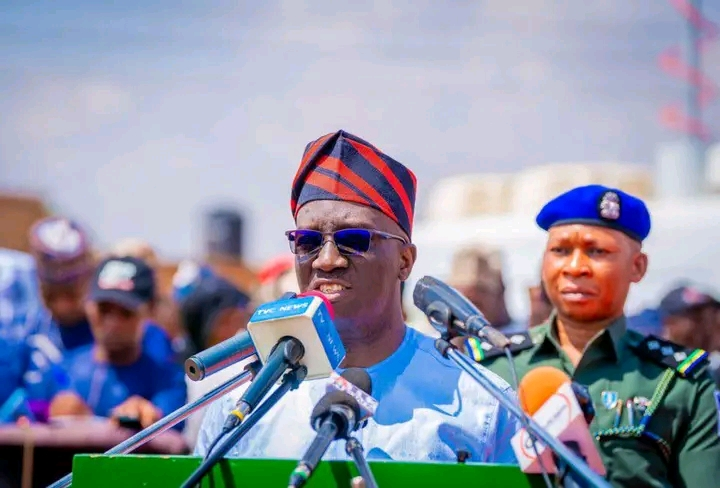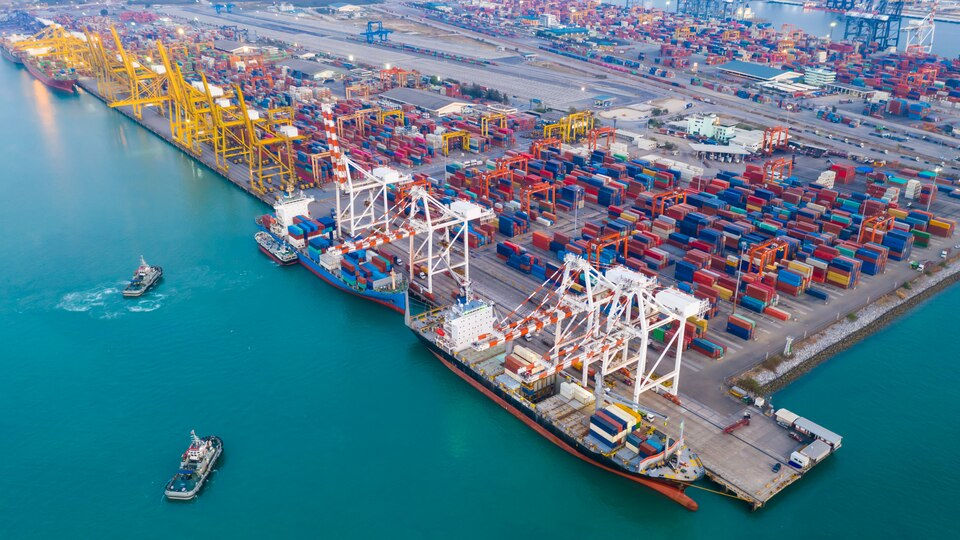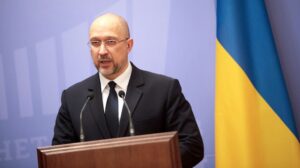President Donald Trump has ordered an additional 2,000 National Guard troops and 700 active-duty U.S. Marines to deploy to Los Angeles, escalating the federal response to ongoing protests sparked by aggressive immigration raids across the city.
The Pentagon confirmed the deployment Monday evening, as demonstrations entered their fourth consecutive day. The protests erupted following large-scale Immigration and Customs Enforcement (ICE) operations targeting undocumented residents, particularly in predominantly Latino neighborhoods.
The move marks one of the most significant domestic military mobilizations in recent years and has ignited a political firestorm. California Governor Gavin Newsom denounced the action as unconstitutional, accusing Trump of bypassing state authority and abusing executive power.
“This is un-American,” Newsom wrote on X. “U.S. Marines should not be turned against their own people to satisfy the authoritarian impulses of a president gone off the rails. We will challenge this in court.”
Los Angeles has become the epicenter of nationwide outrage, with protesters clashing with federal agents and local law enforcement. Authorities have used rubber bullets, tear gas, and stun grenades to disperse crowds. At least 50 demonstrators have been arrested since Friday, when reports of coordinated ICE raids first surfaced.
Mayor Karen Bass joined the chorus of condemnation, accusing Trump of “intentionally sowing chaos” in Los Angeles. “Instead of addressing real immigration reform, the president is sending in troops to terrorize communities,” she said.
Former Trump advisor Steve Bannon escalated tensions further by calling for Bass’s arrest, deepening the partisan divide over the administration’s tactics.
Trump, defending his decision on Truth Social, claimed the deployment was necessary to restore order. “These are not peaceful protests. These are riots,” he wrote. “We will hit harder than ever before if this continues.”
Civil rights organizations and immigrant advocacy groups have condemned the use of military force, warning that it sets a dangerous precedent for federal intervention in domestic protests.
Meanwhile, solidarity rallies have erupted in other major cities, including Chicago, New York, and Seattle, with demonstrators demanding an end to the raids and a halt to the militarization of immigration enforcement.
Legal experts say the president’s use of military personnel in a law enforcement capacity may face constitutional challenges, especially if the Insurrection Act — a rarely used 1807 law — is invoked.
As tensions mount, both sides are bracing for what could become a defining legal and political clash over the role of the military in domestic affairs and the limits of executive authority.

